VOC's Travel BLOG
Our Travel Blog is the place to share our real life, travel experiences in China with you. Besides, we will provide information related to Chinese culture and China travel guide. "A bosom friend afar brings a distant land near." Traveling makes us to be closer, let's discover China together!
All
China travel Guide(228)
China Food(38)
Life in Guilin(48)
Working at VisitOurChina(24)
Cultures(40)
News(12)

China in winter is incredibly beautiful. Experience the best China has to offer as well as the annually Ice and Snow Festival in Harbin City seems to be a wonderful choice for your tour to China. The famous festival surprises us in different ways every year. Lets see what the Ice and Snow Festival will bring us this year!
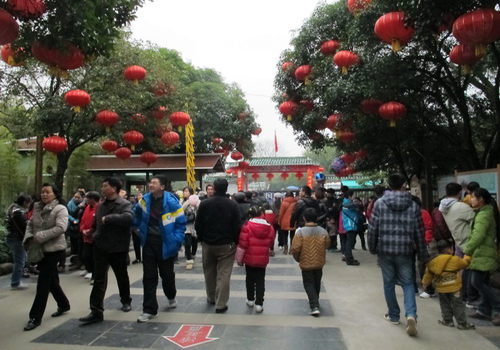
Dear friends, Happy Spring Festival to you all! The first day of Chinese lunar New Year, which happens to fall on February 10th in solar calendar this year, is the grandest day for Chinese people. And different people in different parts of China have distinct ways to celebrate this traditional festival. As for locals of Guilin city, they often leave their home for the parks and streets full of jubilant delight.
Happy Chinese New Year 2013!
2013-02-08 | Cultures

Spring Festival, or new year in Chinese lunar calendar, enjoying a history of more than four thousand years, can date back to 104 B.C., when the first day of the first month in lunar calendar was set as nian (which means the beginning of the year), thus the dates of xin nian (which means new year in Chinese lunar calendar) were fixed. It is the grandest festival all over China. To a great extent, therefore, what Christmas to Westerners is what Spring Festival to Chinese. Usually, Spring Festival often refers to the lunar new years eve and the first day of the lunar year; however in the traditional sense, people usually celebrate Spring Festival from the eighth day or the twenty-third or the twenty-forth day of the twelfth lunar month according to traditions of different regions until the fifteenth day of the first lunar month, with the highlights falling on the lunar new years eve and the first day of the lunar year.
The Double Ninth Festival Falls on 23rd, October
2012-10-23 | Cultures
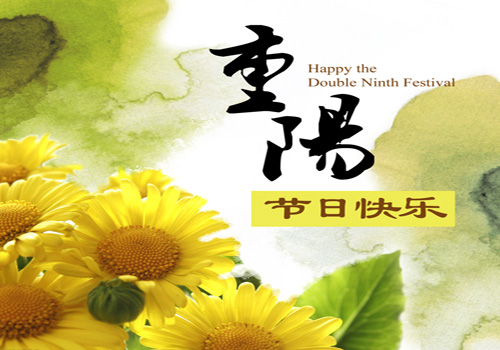
The ninth day of the ninth lunar month is known as the Chongyang Festival, or Double Ninth Festival. As the traditional festival in China, Chongyang Festival dates back to the Warring States (176-453B.C), and it was in the Tang Dynasty (618-907) that the day was set officially as a folk festival. In June, 2012, Chongyang Festival has been stipulated as Seniors Day, according to the Draft of Law of the People's Republic of China on the Protection of Seniors Rights and Interests.
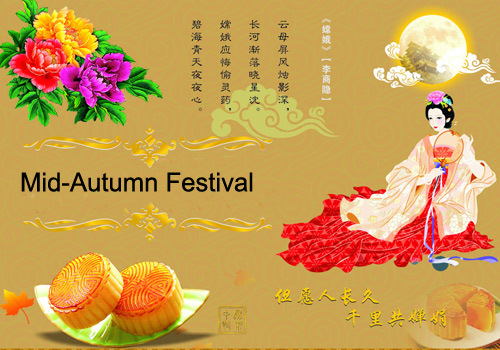
If you ask a Chinese student when 3 plus 7 will equal 8, he will most likely give you a funny answer with a sort of helpless expression: whenthe upcomingMid-Autumn Festival meets the National Day Golden Week. If you are interested, let me explain to you.
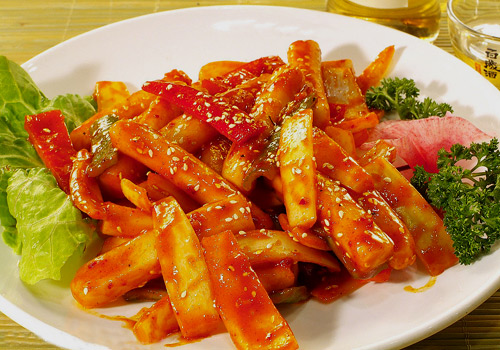
Staples are not only the main food on the table of Chinese people but also the main source of their energy. Divergent staples vary from regions to regions, ranging from wheat in the northern China to rice in the southern China. But whatever they are, staples always play a profound impact on people's understanding of the ever-changing seasons, and in the meanwhile make their life much bountiful, healthy and charmed.
Qingming Festival 2012 falls on April 4
2012-03-31 | Cultures

As one of the 24 Chinese solar terms and an important traditional festival of China, Qingming Festival usually falls on the 4th, 5th, or 6th of April every year. Commonly translated to be Tomb-Sweeping Day or Pure Brightness Festival in English, it always comes on the 103rd day (one day later in leap years) after the winter solstice. For more than 2500 years, Chinese have been going to tidy up their ancestors tombs and burn joss sticks and paper money to show respect and express love.
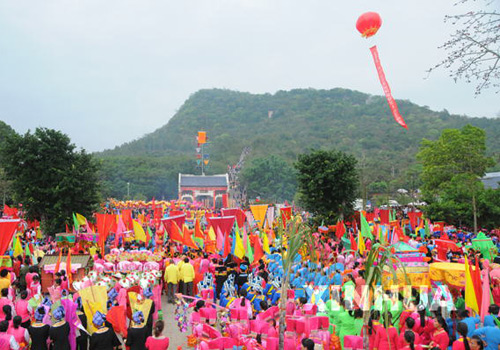
As a native Zhuang peopleof Tianyang, I had realized that there is a very important festival of our own in my hometown and it always happens from the 7th to 9th days of the third lunar month every year since I was still a little girl, but actually never had I been on the scene personally due to the strict school regulations (It's hard to ask for leave except getting ill, I mean). So what I have in mind about the festival all the time is just a sentence summarized from bitty descriptions of others: Tens of thousands of people from my county and our vicinity go to Ganzhuang Mountain to worship Buluotuo (Creator of Zhuang) and hold a folk song fair there on the three days every year. In a word, this festival was just a festival known to only tens of thousands of people before it was announced to be National Cultural Heritage of Chinaand a live telecast of it was broadcast to the world by CCTV 4 in April of 2006.




